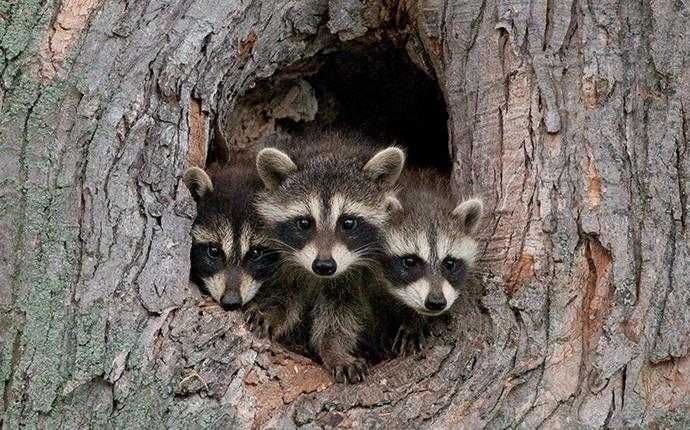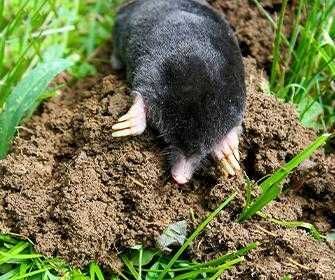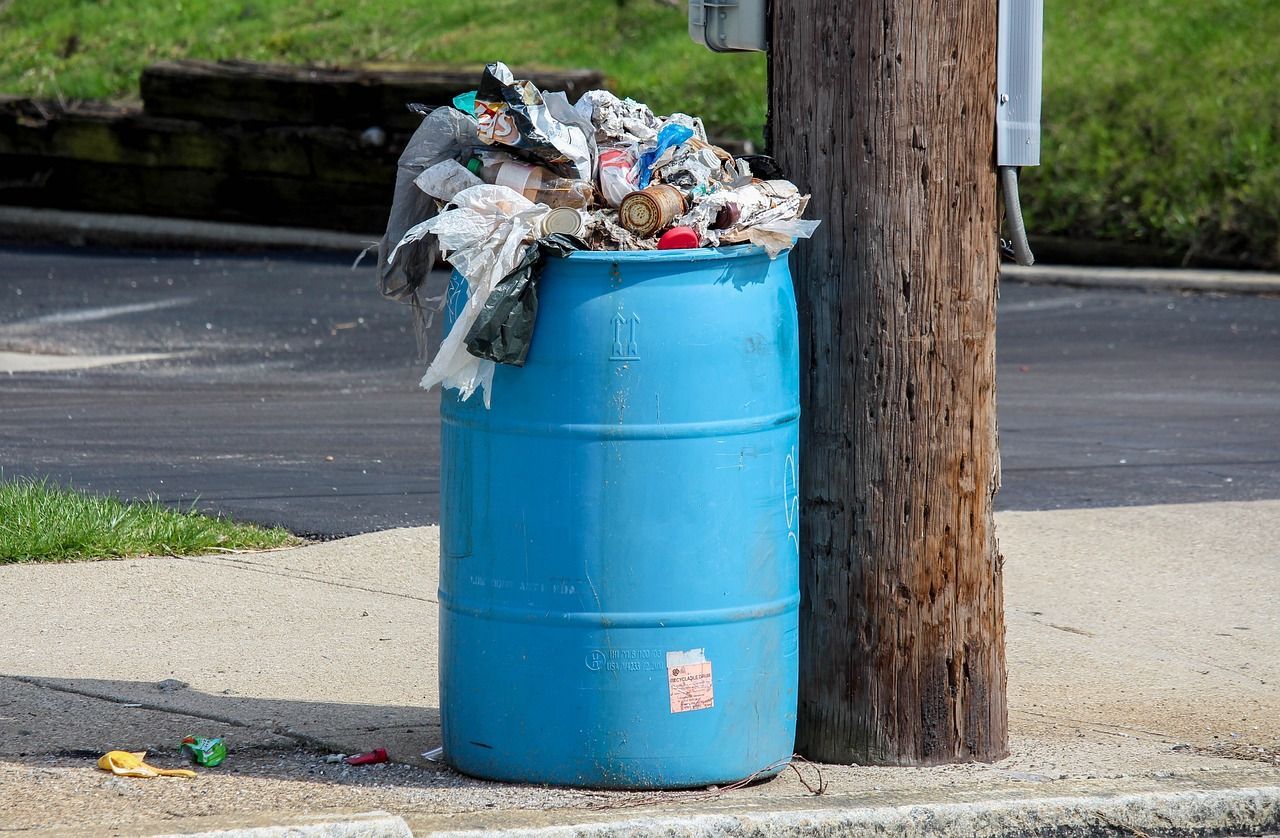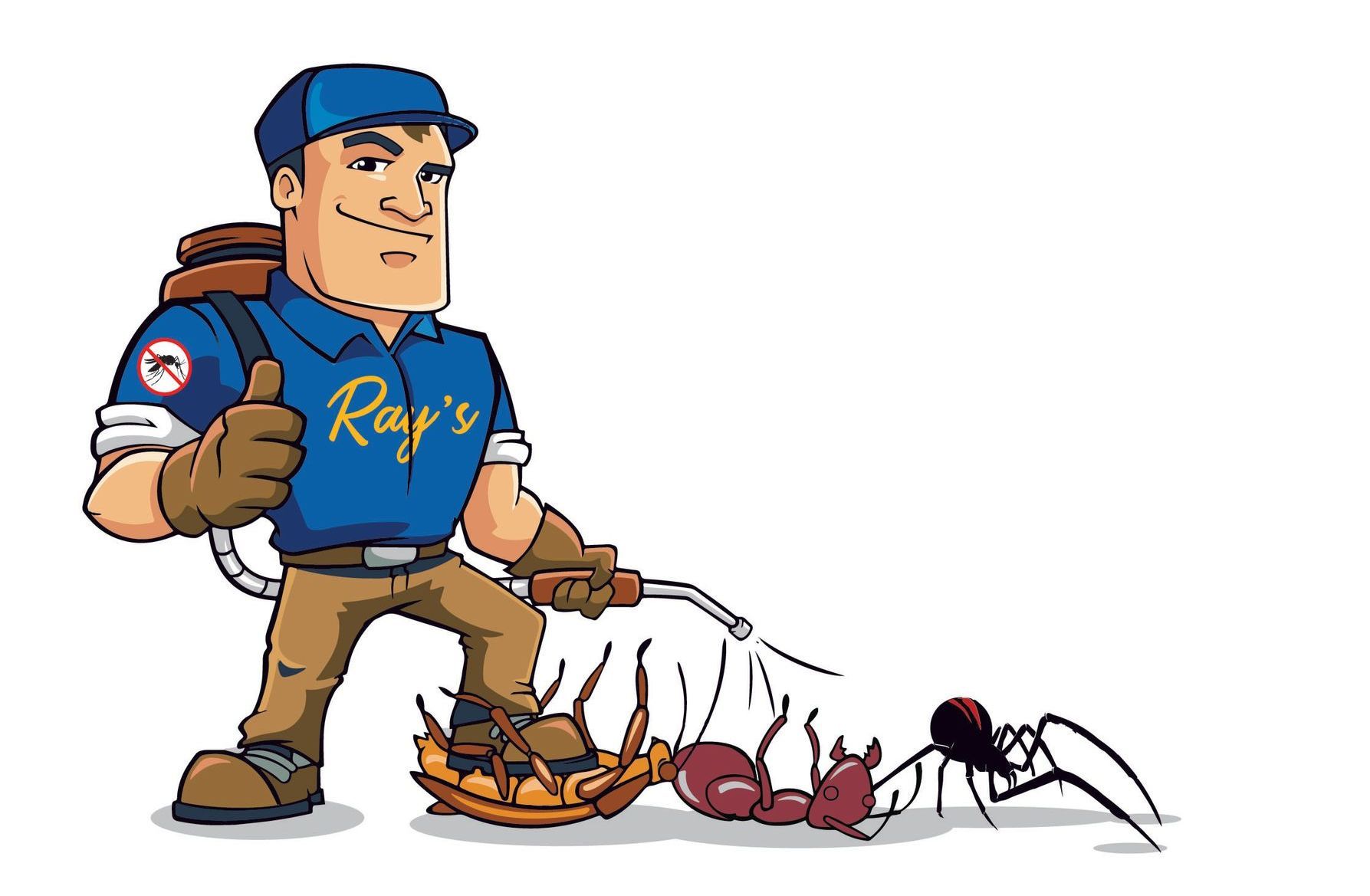Wildlife Removal Services in the Piedmont Triad
(Animalia)


What are wildlife?
Wildlife are animals that live outside in the environment without the help of people. Unlike our pets, horses, cows, and other domestic animals, wild animals don't need people to provide them with food and shelter. However, just because wild animals don't need us doesn't mean they won't be happy to take advantage of the food, shelter, and water our yards and homes provide them.
Examples of wild animals that find their way onto North Carolina properties include bats, raccoons, squirrels, snakes, groundhogs, coyotes, and beavers.
Are wildlife dangerous?
Wildlife can be dangerous. They carry and transmit a variety of diseases, including rabies. Wild animals also carry parasites like fleas and ticks on their bodies that they can introduce onto your property. Wild animals carry and spread a wide range of bacteria, too, causing things like diarrhea, vomiting, and salmonella.
Wildlife is not only dangerous but annoying as well. These nuisance animals will dig through trash cans and compost bins, dig up our lawns and gardens, and destroy bird feeders. Inside of our homes, wild animal intruders will chew or dig through wires, drywall, insulation, and storage boxes. They also contaminate food and surfaces with their saliva and excrement.
In addition, wild animals are unpredictable and should never be approached or cornered. In a scared state, wild animals won't hesitate to defend themselves. Having year-round effective pest control will help you keep an expert eye out for wildlife before they become a nuisance.
Why do I have a wildlife problem?
Wild animals live outside all around us, whether we live in the city, country, or suburbs. Over time, our habitats have come to overlap the habitats of many wild animals, allowing them to have easy access to our yards and homes, usually while foraging for food. Our home's outdoor trash cans, compost piles, gardens, and even our pet's food bowls offer wild animals a personal buffet. Some wildlife, such as squirrels, bats, and raccoons, use our homes as a place to nest.

Where will I find wildlife?
The termites that travel through soil and into our homes while looking for food are worker termites. They usually enter at the ground level then move behind our walls or under floors in search of wood to eat. Subterranean termites prefer wood that has been previously damaged by water. They often invade the wood near pipes, heaters, sinks, or bathtubs. A subterranean termite infestation may be an indicator of a moisture problem somewhere in your home.
Worker termites are rarely ever seen by people because they spend their lives either under the ground or behind our walls feeding on structural wood. However, it is common for people to see reproductive termites. Winged or reproductive termites swarm from their colony (usually in the spring) to find a mate and start a new colony. Witnessing a termite swarm is an indicator that a termite nest is near.
How do I get rid of wildlife?
For a long-term solution to ridding your North Carolina area property of wildlife, it is best to partner with a professional. At Ray's Pest Control & Wildlife, we work closely with our customers to learn about the specific pest problems they have been experiencing. Our pest experts provide our customers with the highest quality service to solve their current pest problem and keep them from returning. Since 1972 our family has been helping the families in the Winston-Salem, and surrounding areas maintain pest-free properties.
If you are experiencing problems with wildlife, reach out to Ray's Pest Control and learn about our effective wildlife control solutions. For more information about our residential or commercial pest control programs, call us today!
How can I prevent wildlife in the future?
Don't leave whether or not wildlife invades your property up to chance; partner with Ray's Pest Control and implement the following wildlife prevention tips:
- Eliminate entry points. Place caps on chimneys and covers over vents. Repair roof damage and holes along the roofline. Make sure that door and window screens are intact and not loose. Repair any damage to your home's foundation or exterior walls. Keep the garage and other outbuilding doors closed whenever possible.
- Reduce food sources. Wild animals usually come into yards while foraging for food or water. To keep wild animals from looking for food on your property, keep locking lids on trash cans and compost bins. Pick up your pet's uneaten food every evening and store their food in containers with tight-fitting lids. Keep outdoor eating areas free of debris and clean up around the grill every time you use it. Maintain gardens and regularly harvest any fruits and vegetables.
- Remove standing water from your property by keeping gutters clean and turning containers that collect water upside down.
- Reduce hiding places. Cut back vegetation from the exterior of your home. Keep the grass cut short and remove dense weeds. Remove fallen trees, logs, and tree stumps from your yard. Store firewood piles away from the outside walls of your home. Place fencing around decks, sheds, and other buildings to prevent wildlife from burrowing under them.

